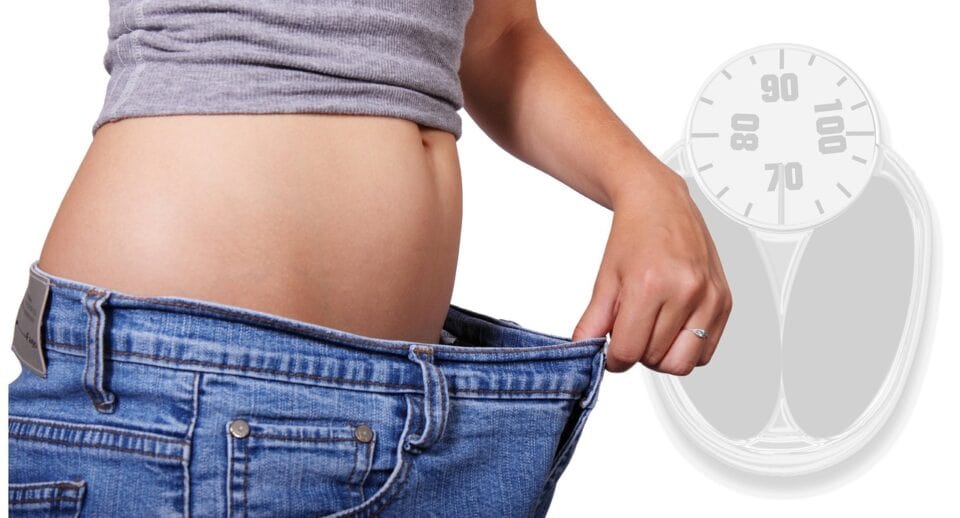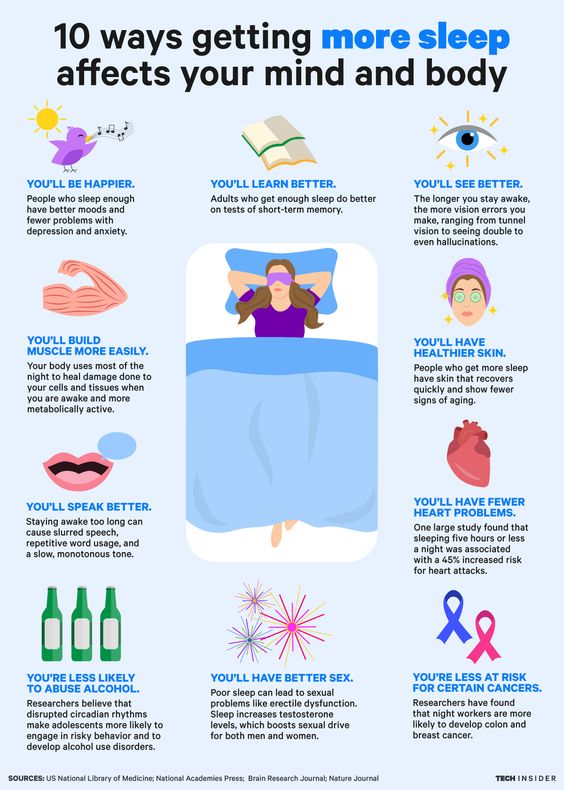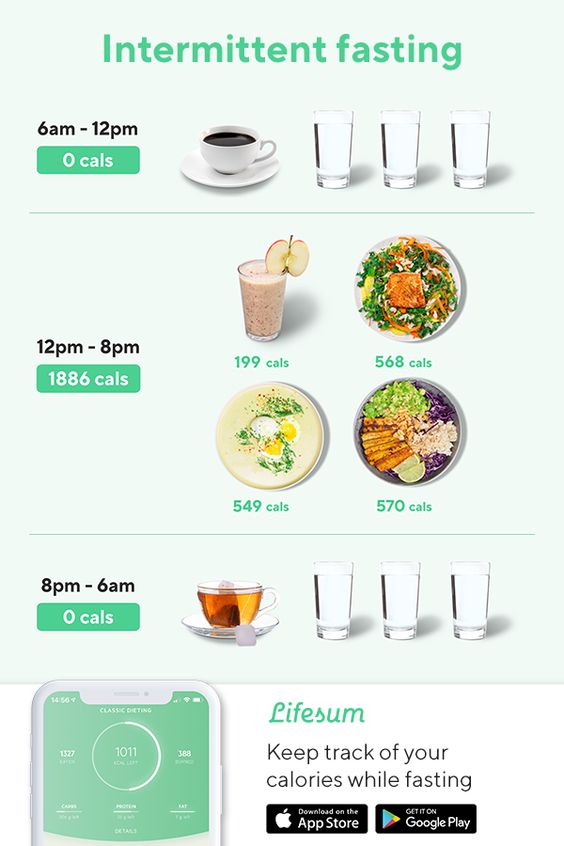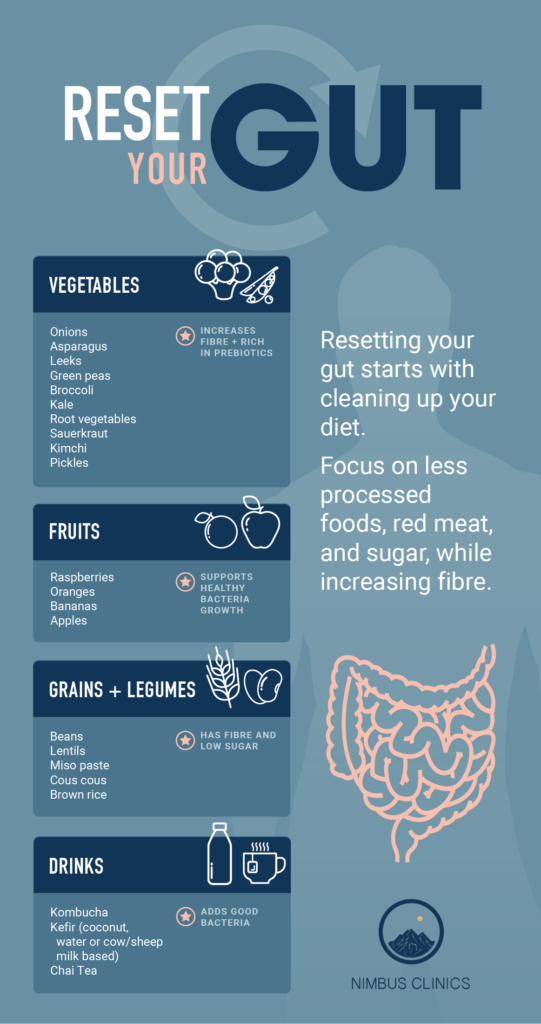How to lose weight fast? When it comes to weight loss, there are no magic tricks that work for everyone. It would have been possible to solve today’s obesity problem if there was one.
In this article, we will discuss the nine strategies backed by science that impact weight management.
There are many diet pills and meal replacement plans. That claim guarantees rapid weight loss, yet the majority lack scientific evidence. Yet, there are steps you can take to help make the process easier and increase your chances of success.

Include these strategies in your diet plans to lose weight fast.
1. Sleeping Well
Many studies have found that sleeping for less than 5–6 hours each night is linked to an increased risk of obesity. Many factors contribute to this.
According to research, inadequate or poor-quality sleep lowers metabolism. The process by which the body transforms calories into energy. When metabolism slows, the body may store excess energy as fat.
Furthermore, insufficient sleep can boost the synthesis of insulin. And cortisol, which also promotes fat storage. Sleep duration affects the appetite-regulating hormones leptin and ghrelin. Leptin sends fullness signals to the brain.

2. Having Protein for Breakfast
Protein can help people feel full by regulating their hunger hormones. The change is due to a decrease in the hunger hormone ghrelin and an increase in GLP-1 and YY proteins. And cholecystokinin, the satiety hormone.
According to research on young adults, the hormonal effects of a high-protein breakfast can linger for several hours. High-protein breakfast options include eggs, oats, nuts, seed butter, quinoa porridge, and sardines.
3. Getting Enough Fiber
Unlike sugar and starch, the unabsorbable proteins that the fermentation bacteria cannot digest in your ileum are called intestine-resistant proteins. Including fiber in your diet might boost your feeling of fullness and lead to weight loss.
Fiber-rich foods include the following:
Cereals made from whole grains: whole wheat pasta, whole grain bread, oats, barley, rye, vegetables, and fruits.
4. Mindful Eating helps the body to lose weight fast.
Mindful eating is a discipline in which people pay attention to how and where they eat food. This method allows people to enjoy their cuisine while maintaining a healthy weight.
Most people lead hectic lifestyles. They frequently eat on the go—in the vehicle, at their workplaces, or while watching TV. As a result, many people are unaware of what they are ingesting.
Mindful eating techniques include:
- When eating at a table, pay attention to the food and enjoy the experience.
- When eating, avoid distractions by not watching TV, using a laptop, or talking on the phone.
- Slowly eating allows you to chew and savor your food. This strategy aids in weight loss by giving a person’s brain adequate time to notice fullness signals, which can help to prevent overeating.
- When making informed food choices, choose foods high in nourishing nutrients that will keep you satisfied for hours rather than minutes.
5. Try Intermittent Eating
Intermittent fasting (IF) is a type of eating pattern that consists of repeated short-term fasts—and ingesting meals in a shorter period during the day.
Several studies have found that short-term intermittent fasting (up to 24 weeks) results in weight loss in overweight people.
The following are the most prevalent ways of intermittent fasting:
- On non-fasting days, eat usually. On fasting days, consume only 25-30% of your body’s energy requirements.
- Fasting two days out of every seven is part of the 5:2 diet. Consume 500-600 calories on fasting days.
- The 16/8 approach requires a 16-hour fast followed by an 8-hour window of eating. The 8-hour timeframe for most people would be from midday to 8 p.m. According to a study using this strategy, consuming for a limited period led to fewer calories and losing weight.
When eating non-fasting days, consuming a well-balanced diet is essential, as avoiding overeating.
6. Avoid sugar and refined carbs
The Western diet is becoming increasingly heavy on added sugar, which has clear ties to obesity even when the sugar is consumed in beverages rather than food.
The processing of refined carbohydrates has been excessive. They no longer contain fiber or other nutrients. White rice, bread, and pasta are examples of them.
These meals digest and convert to glucose.
Excess glucose enters the bloodstream and causes the hormone insulin to be released, promoting fat storage in adipose tissue. It usually causes weight gain.
People should replace processed and sugary foods with more nutritious ones whenever possible. Some good meal swaps are:
- Replace white rice, bread, and pasta with whole-grain equivalents.
- Fruit, nuts, and seeds can replace high-sugar snacks.
- Instead of high-sugar sodas, try fruit and herbal tea-infused water.
- Smoothies with water or milk are better instead of fruit juice.
7. Exercise and Diet Monitoring
If someone wishes to lose weight, they should be mindful of everything they consume daily. The most effective way to do this is to record everything they eat in a notebook or an online meal tracker.
According to experts, people will likely download 3.7 billion health apps by 2017. Applications for diet, exercise, and weight loss were among the most used. Tracking physical activity and weight loss progress on the go can be a great way to stay on track.
According to one study, constant tracking of physical activity aided in weight loss. A pedometer, for example, can be a beneficial weight-loss tool. A review study discovered a link between regular exercise, food journaling, and weight loss. Even something as basic as a pedometer might be a helpful weight-loss tool.
8. Gut bacterial balance
One emerging area of recent research has looked at the role of bacteria in weight management. The human gut is home to 37 trillion bacteria. This number represents a fraction of the microbes living in and on our bodies.
Every person has a unique mix of microorganisms in their gut. Some foods can enhance the amount of energy a person obtains from eating. In the long run, fat deposition and weight gain can result.
- Include a wide range of plants, including fruits, vegetables, and grains, in your diet to increase your ability to absorb fiber. Your gut bacteria will have a wider variety. It recommends that people eat vegetables and other plant-based foods for up to 75% of their meals sauerkraut. Kimchi appears to have anti-obesity properties, according to a study.
- Fermented foods aid in the growth of good bacteria while inhibiting the growth of harmful bacteria. Probiotics are healthy bacteria found in foods such as miso, kimchi, tempeh, kefir, yogurt, and a large body of research. Similarly, research suggests that kefir may help obese women lose weight.
- Prebiotic foods promote the growth of beneficial bacteria that aid in weight management. Chicory root, artichoke, onions, garlic, asparagus, leeks, bananas, and avocados are all high in prebiotic fiber. Other grains are barley and oats.
9. Controlling Your Stress Levels
Stress causes the release of hormones as part of the body’s fight-or-flight response, such as adrenaline and cortisol, which suppress appetite. But, when stressed, cortisol can stay in the bloodstream for longer, increasing need and leading to overeating.
Cortisol signals the need to replenish the body’s nutritional stores with carbs. The preferred fuel source is insulin, which transports sugar from the blood’s carbohydrates to the muscles and brain. If your body doesn’t react to this sugar, it will store it as fat.
Researchers discovered that after implementing an eight-week stress-management intervention program. Overweight people’s body mass index (BMI) decreased significantly due to being obese as children and adolescents.
Stress management techniques include:
- Tai chi, yoga, or meditation
- You can practice breathing and relaxation techniques outdoors, such as walking or gardening.
Conclusion
Keep in mind that there are no quick fixes when it comes to losing weight. Eating a nutritious and well-balanced diet is the best way to achieve and maintain a healthy weight.
You should include fruit and vegetable at least ten times in this meal, as well as high-quality protein and whole grains. It would help if you also remembered to exercise for at least 30 minutes daily.




